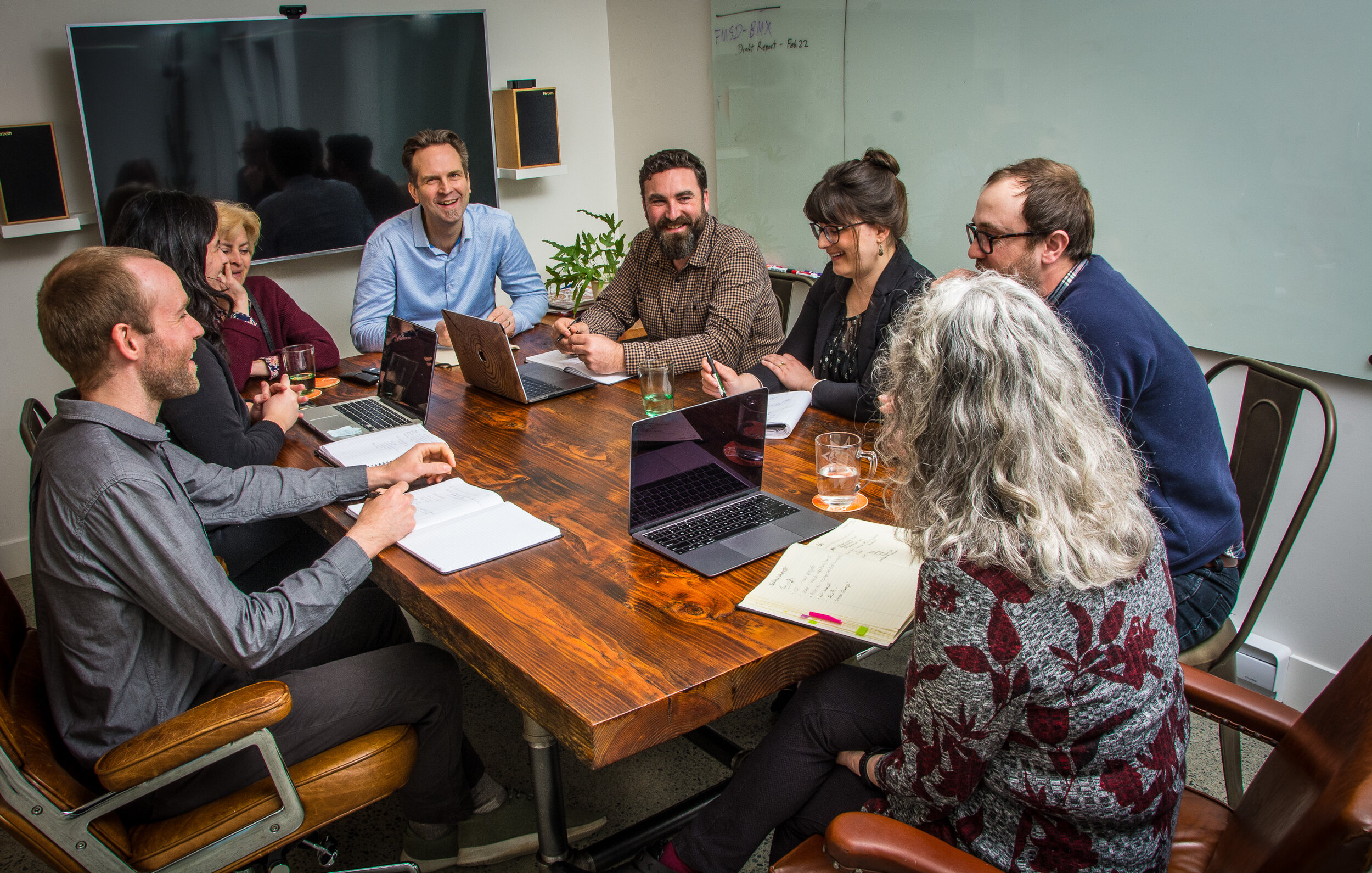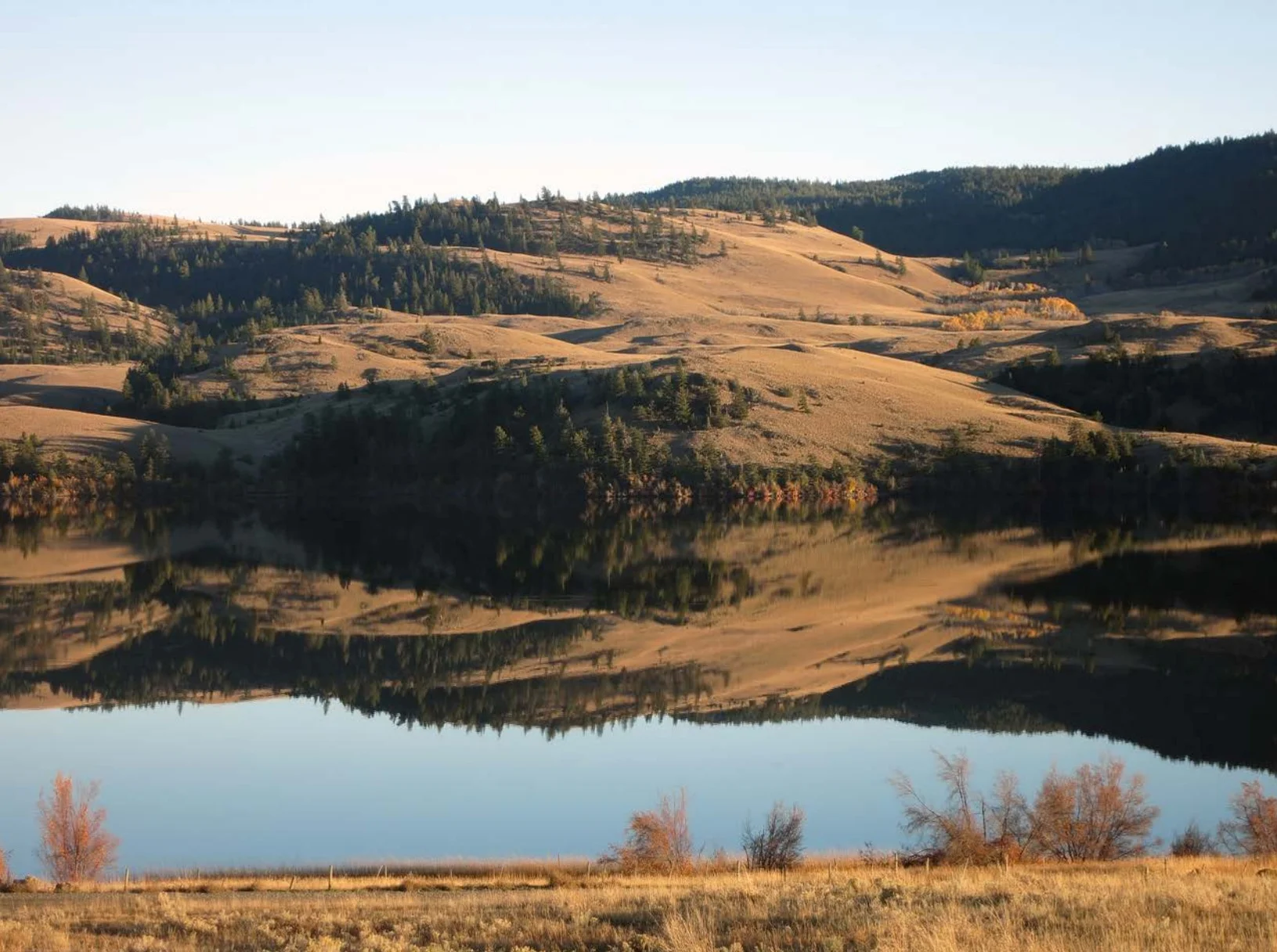Featured News
Tips on Repatriating Archival Materials to Your CKK
Over the past decade, extensive digitization has made archival documents more accessible and user-friendly than ever. The sheer volume of available resources, however, can be overwhelming.
Celebrating 10 Years of Supporting Indigenous Communities
Kwusen is celebrating our 10th Anniversary! As we near the end of 2020, we at Kwusen are reflecting on the company’s growth, relationships fostered, and milestones achieved over a decade of working with and for Indigenous communities throughout Canada.
UVic Anthropology Class
Towagh Behr, assisted by Alissa Cartwright, recently taught an upper-level Anthropology class at the University of Victoria called “Applied and Community-Based Anthropology.” The class consisted of seventeen students from varying areas of study, including environmental science, political science, anthropology, and history.
Indigenous Land Use Studies: Towards a Holistic Concept of Land Use
Kwusen’s ILUS research methodology reflects a holistic approach by ensuring that the historical, ecological, and cultural values associated with each mapped site identified by a community member are recorded.
Annual Meeting of the AAA (American Anthropological Association) and CASCA (Canadian Anthropology Society), Vancouver, BC
Kwusen principal and anthropologist Towagh Behr participated in a roundtable discussion at the 2019 annual CASCA/AAA meeting in Vancouver.
Kwusen-Authored Report Cited in Trans Mountain Court Decision
Kwusen Research & Media conducted a study with the Upper Nicola Band that was cited in the recent Federal Court of Appeal’s decision in Tsleil-Waututh Nation v. Canada (Attorney General), 2018 FCA 153. In Tsleil-Waututh, the Federal Court of Appeal found that the Crown’s consultation with Indigenous Peoples with respect to the Trans Mountain Expansion Project was inadequate. Upper Nicola was one of the Indigenous Applicants in Tsleil-Waututh.
Annual Meeting of the Canadian Anthropology Society (CASCA) Santiago, Cuba
In May 2018, Kwusen researchers Towagh, Susannah, and Aurora were pleased to participate in a roundtable at the annual meeting of the Canadian Anthropology Society/la société canadienne d’anthropologie (CASCA) in Santiago, Cuba.
Towagh Behr & Dave Nordquist on Aashukan Podcast
Towagh speaks about the importance of Indigenous peoples consent in regards to development and the impact assessment process. He also speaks about his experience training community members at Adam’s Lake Indian Band in using a program to map the history, culture and land use of their community, which helps inform environmental assessments.
McMurray Wildfire: Métis Resilience and the CKK
A year has passed since wildfire consumed 590,000 hectares of northern Alberta, causing an estimated $3.58 billion in damage and forcing mass evacuations. McMurray Métis local 1935 was significantly impacted when its office burnt to the ground. Many community members also lost their homes.
Kwusen at the Impact Benefit Agreement Workshop in Wendake, Quebec
On February 15th and 16th, 2017 Towagh and Dave Nordquist from Adams Lake Indian Band co-presented at the Workshop on Impact Benefit Agreements (IBA) and IBA’s monitoring tools, hosted by First Nations of Quebec and Labrador Sustainable Development Institute (FNQLSDI) in Wendake, Quebec.
Kwusen at the IAIA
On May 12, 2016 Towagh presented at the International Association for Impact Assessment (IAIA) in Nagoya, Japan. In “Avoiding the Assessment of Indigenous Rights” Towagh presented the preliminary results of a Kwusen-sponsored Mitacs project which saw MA candidate Josh Hazelbower comprehensively review all publicly available British Columbia Environmental Assessments (EAs), Alberta Environmental Impact Assessments (EIAs), and Joint Federal-Provincial (BC and Alberta) EAs from 2000 to present.
Kwusen at the Society for Applied Anthropology (SfAA) Conference
On April 1, 2016, Towagh and Susannah presented at the Society for Applied Anthropology (SfAA) Conference in Vancouver. Through case studies in the Southern Interior of British Columbia, our presentation explored our experiences conducting community-directed collaborative Traditional Use Studies.












